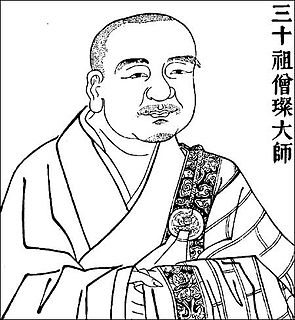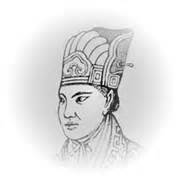A Quote by Marcus Tullius Cicero
The master sometimes serves, and the servant sometimes is master.
Related Quotes
Some would define a servant like this: 'A servant is one who finds out what his master wants him to do, and then he does it.' The human concept of a servant is that a servant goes to the master and says, 'Master, what do you want me to do?' The master tells him, and the servant goes off BY HIMSELF and does it. That is not the biblical concept of a servant of God. Being a servant of God is different from being a servant of a human master. A servant of a human master works FOR his master. God, however, works THROUGH His servants.
It is proper for every one to consider, in the case of all men, that he who has not been a servant cannot become a praiseworthy master; and it is meet that we should plume ourselves rather on acting the part of a servant properly than that of the master, first, towards the laws, (for in this way we are servants of the gods), and next, towards our elders.
This mutual dependencies no longer the dialectical relationship between master and servant, which has been broken in the struggle for mutual recognition, but rather a vicious circle which encloses both the master and the servant. Do the technicians rule, or is their rule that of the others, who rely on the technicians as their planners and executors?












































